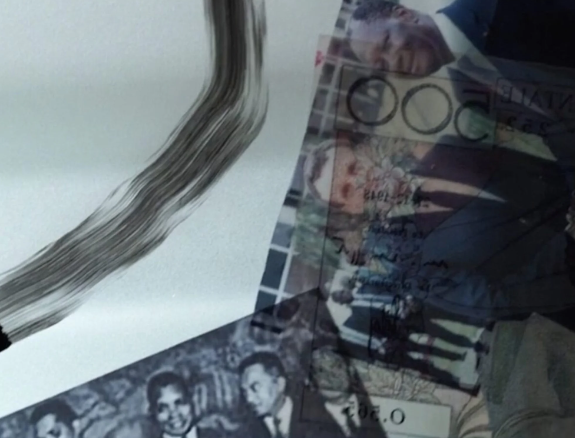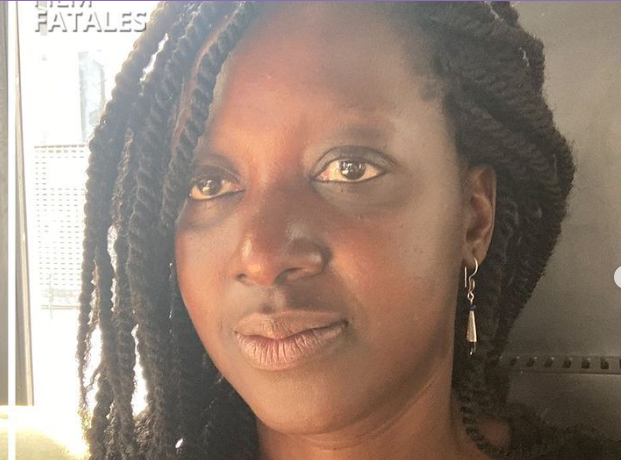Can a documentary about a currency be riveting? In the hands of Senegalese French filmmaker, Katy Léna N’diaye, it is. Her latest work, Money, Freedom, a Story of CFA Franc, tells the fascinating history behind a colonial-era currency still in use in 14 African countries today.

Beyond the machinations that brought it into being, the film provides a cautionary tale and a call-to-action for today’s African youth. N’diaye sits down with key players in regional monetary and fiscal policy who have some connection to the currency and fortifies their submissions with rich archival material consisting of historical events.
Rather than operate as a dense journalistic essay, N’diaye’s film floats with a personal cinematic voice, one that wraps up with a charge to young people to find homegrown solutions to Africa’s problems.
The Senegalese French filmmaker started making a documentary about the CFA Franc, and ended up with a film about tradition and legacy.
“I made this for young people. It is a film I would have loved to see when I was 15 or 20,” Katy Léna N’diaye tells OkayAfrica. N’diaye, who currently divides her time between Senegal and Brussels, is attending the New York African Film Festival for the U.S. premiere of her latest feature, Money, Freedom, a Story of CFA Franc, a galvanizing documentary about the history and economic significance of the CFA Franc, the official currency and medium of exchange currently in use in at least 14 African countries.
Money, Freedom, a Story of CFA Franc is a balanced and thought-provoking documentary that sets out to break down the CFA’s storied history, particularly in francophone Africa while tracing its influence on the present. N’diaye sits down with key players in regional monetary and fiscal policy who have some connection to the currency and fortifies their submissions with rich archival material consisting of historical events. Rather than operate as a dense journalistic essay, N’diaye’s film floats with a personal cinematic voice, one that wraps up with a charge to young people to find homegrown solutions to Africa’s problems.
A veteran of three previous documentary features – Traces, Women’s Imprints (2003,) Awaiting for Men (2007) and Time is On Our Side (2019,) N’diaye is keen for as many young Africans, particularly those impacted by the restrictions on the CFA Franc, to see the film and be inspired to act. Next stop is the Sheffield DocFest in June, after which the film makes stops in Zanzibar, South Africa, and Rwanda, amongst other places. “It is an archive and I hope it is a starting point for whoever wants to go further with that story because my film is at the intersection of so many stories,” N’diaye adds.







